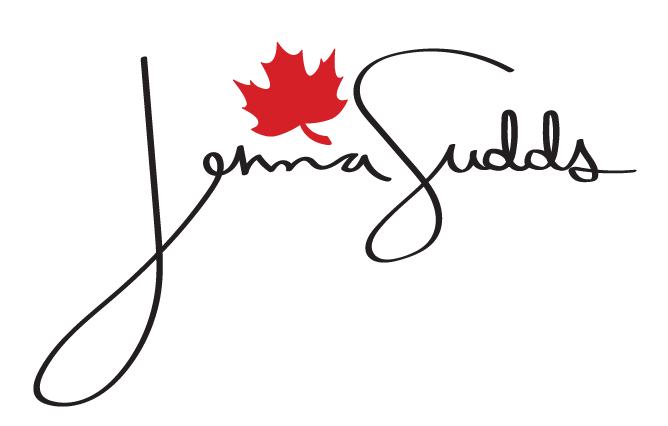Compensation for Canadian victims of Western Union fraud
Any Canadian victim who was defrauded and sent their money through Western Union between January 1, 2004, and January 19, 2017, should apply now to get their money back if they have not already filed a claim. The deadline for file a claim is August 31, 2022.
For years, many people who lost money to scams sent their payment through a Western Union wire transfer. Scammers contacted people and promised prizes, loans, jobs, discounted products or other financial rewards in exchange for money upfront. They also pretended to be family members in need of cash, or law enforcement officers demanding payment. The scammers told people to send money through Western Union. No one received the cash, prizes or services they were promised.
Through joint investigations by the United States Federal Trade Commission (FTC), the Department of Justice (DOJ), and the U.S. Postal Inspection Service, Western Union agreed to pay $586 million and admitted to aiding and abetting wire fraud. DOJ is now using that money to provide refunds to people who were tricked into using Western Union to pay scammers. This includes Canadian victims.
To file claim, visit www.westernunionremissionphase2.com and click on the Petition Form.
To be eligible, the form must be completed online or postmarked by August 31, 2022.
The claims administrator is mailing more than 300,000 pre-filled claim forms to people who may be eligible for a payment. These prefilled forms show eligible loss amounts, based on reports people previously filed with Western Union. The Frequently Asked Questions on the Western Union Remission Phase Two website tell what to do if you agree or disagree with the loss amount printed on the claim form.
Scams Included in Settlement
A variety of scams are covered by this settlement, including:
Online or internet scams – you did not receive the items you tried to buy online.
Lottery or prize promotion scams – you were told you won a lottery or sweepstakes, but never got the prize.
Emergency or grandparent scams – you sent money to someone pretending to be a relative or friend in urgent need of money.
Advance-fee loan scams – you paid upfront fees but did not get the promised loans.
Online dating or romance scams – you sent money to someone who created a fake profile on a dating or social networking website.
Requesting a Receipt From Western Union
According to the Western Union website, you can request a receipt by email, using the following steps:
Go to the Western Union Email Help Center.
Choose Copy of Money Transfer Receipt from the list.
Complete the form and click “Submit.”
Claims Administrator Information
Gilardi & Co. LLC is handling the claims and refunds process for this matter. You can reach the administrator at info@WesternUnionRemissionPhase2.com or 855-786-1048.
How to Protect Yourself From Everyday Fraud Scams
Review the fine print, terms and conditions before making any purchases.
Conduct open source searches to see if anyone has been scammed by this advertisement, or business in the past.
Beware of paid advertisements online – they are not always affiliated with the website you are viewing.
Prior to sending any money, contact the person who requested the transfer in person or by phone to confirm the request was legitimate.
Beware of unusual email requests.
Never click on links or open attachments in unsolicited emails or even from someone you know if it looks suspicious.
Review your credit card statement regularly for unauthorized charges.
Remember if it sounds too good to be true, it probably is.
Click here for a link to the Competition Bureau of Canada’s Little Black Book of Scams. Click here for an in depth fraud protection toolkit and guide.
